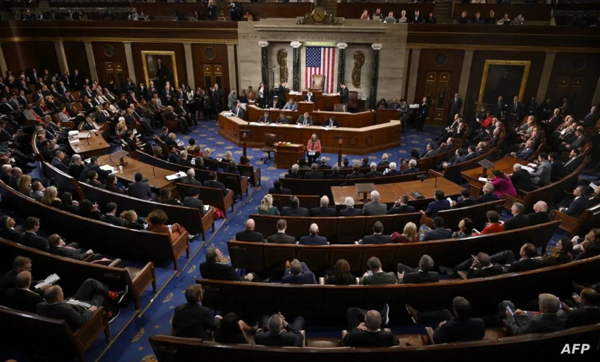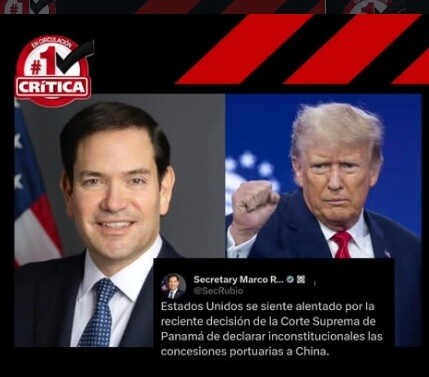
The administration of Donald Trump will apply tariffs on imports from Canada and Mexico, two of the main suppliers of steel and aluminum to the United States, as well as on finished metal products. Officials have justified this measure with the aim of combating practices from other countries, such as China and Russia, which introduce aluminum to Mexico to then export it to the United States.
Trump's tariff policy has generated confusion in financial markets due to its rushed launches, followed by reversals and delays. Although it had been announced that tariffs on steel and aluminum would take effect on March 12, Howard Lutnick confirmed that this would be the case during an interview.
Trump initially imposed tariffs on imports from Canada and Mexico last week but then decided to postpone them. This postponement will extend until April 2, when the administration plans to reveal additional plans, including reciprocal tariffs for various nations. The intention behind these tariffs would be to pressure countries like Mexico, Canada, and China to stop the flow of undocumented immigrants and illegal drugs to the United States.
In this context, Howard Lutnick mentioned that if the traffic of fentanyl ceases, the tariffs could be eliminated. However, if that does not happen or if there is uncertainty about it, the tariffs will remain in place until Trump feels that the situation is safe. The U.S. Secretary of Commerce does not foresee a pause in the imposition of the 25 percent tariff on steel and aluminum from Mexico and Canada, which will take effect on March 12.














